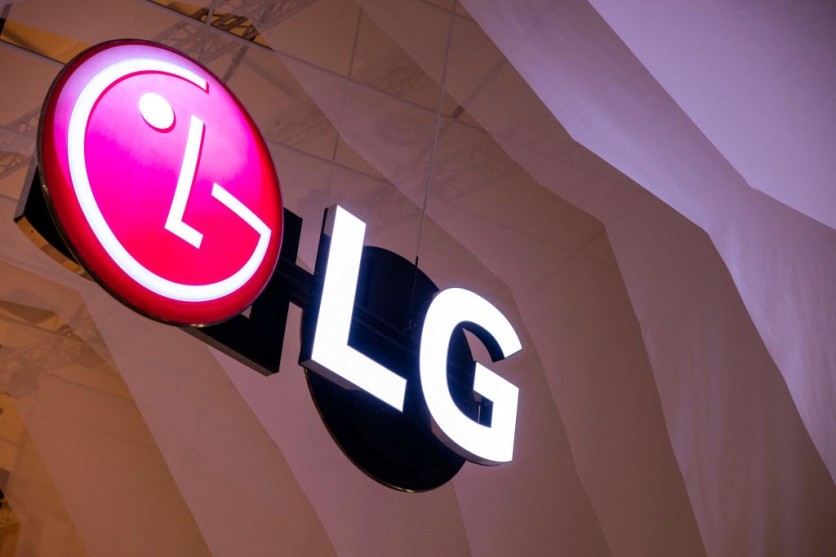LG Energy Solution is gearing up to commercialize a cutting-edge battery manufacturing technology that has so far evaded Tesla. It is positioning itself to intensify competition against its Chinese counterparts in the coming years.

Dry-Coating Technology of LG Energy Solution
According to Bloomberg, several global tech giants, from Tesla to Samsung, have been exploring dry-coating technology. This process would replace the traditional, energy-demanding wet method for producing cathode and anode electrodes crucial for electric vehicle (EV) batteries.
As demand for electric vehicles stabilizes, the quest for more cost-effective and environmentally sustainable battery production methods has become increasingly urgent.
During an interview with Bloomberg at the company's Seoul headquarters, Kim Je-Young, LG Energy Solution's chief technology officer, emphasized the company's decade-long lead in dry-coating technology.
LG aims to debut a pilot production line for the dry-coating process by the fourth quarter of this year, with full-scale production slated to commence by 2028. Kim anticipates that the dry-coating method could substantially reduce battery manufacturing costs by 17% to 30%.
In contrast, Tesla's journey with dry-coating technology has been less straightforward. Despite acquiring Maxwell Technologies Inc., a dry-coating startup, in 2019, Tesla has encountered challenges implementing this technology fully, Bloomberg noted.
Unlike wet coating, which involves dissolving chemicals in solvents and drying them in lengthy ovens at high temperatures, dry coating eliminates the need for such energy-intensive processes and associated equipment, including drying ovens and solvent recovery systems.
Volkswagen AG has hailed dry coating as a game-changing advancement because it has the potential to reduce energy consumption by 30% and space requirements by 50%.
For LG, investing in innovations such as dry coating represents a strategic move to enhance its competitiveness against Chinese battery manufacturers. LG's share of the EV battery market has slightly declined this year to 12.6%, down from 14.6% a year earlier, primarily due to the expansion of major Chinese players.
Notably, the average price of lithium-iron-phosphate (LFP) batteries in China plummeted by 44% to $53 per kilowatt-hour through April, underscoring the competitive pressures in the battery market.
Limitations of Tesla
While Tesla has championed dry-coating technology, particularly highlighting its benefits during its Battery Day in 2020. However, according to Bloomberg, the company has faced limitations in applying this method to cathodes, which are typically made from more challenging materials than anodes.
Kim claimed that LG's unique approach to dry electrode manufacturing promises versatility, enabling application across both cathodes and anodes, regardless of particle size.
Park Chul-Wan, an automotive professor at Seojeong University, told Bloomberg that companies have been increasingly adapting this technology since Tesla started. However, the professor also noted that Korea's battery manufacturers are relatively in the early stage of the dry process.
Related Article : Mark Zuckerberg's Visit to South Korea Sparks Speculation Regarding Meta, LG Rumored Partnership for Vision Pro Competitor

ⓒ 2025 TECHTIMES.com All rights reserved. Do not reproduce without permission.




